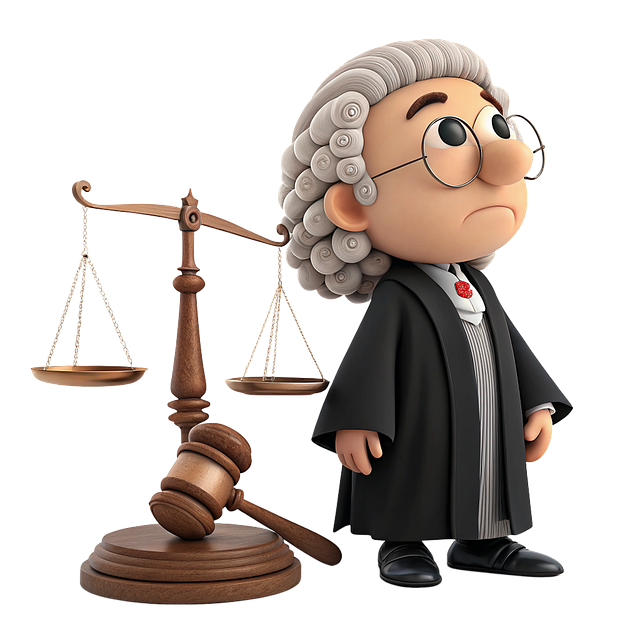The Role of Defense Counsel in Criminal Procedure is crucial for ensuring fairness and justice within the legal system. These attorneys protect accused individuals' rights during investigations, trials, and appeals by strategically advocating, scrutinizing evidence, and ethically representing their clients. They interpret complex laws and regulations, especially in healthcare cases, to safeguard patient rights and uphold the integrity of medical systems. Defense counsel play a game-changing role in securing not-guilty verdicts by understanding medical ethics and legal intricacies. With technological advancements and regulatory shifts, future trends will see law firms adopting technology, integrating telemedicine, and navigating complex biotechnology challenges, emphasizing the critical need for skilled defense counsel to ensure justice in criminal procedure.
Healthcare Law Firms play a pivotal role in navigating complex legal landscapes within the healthcare industry. This article delves into their multifaceted scope, highlighting the crucial Role of Defense Counsel in Criminal Procedure. From understanding the unique expertise these firms offer to exploring strategic approaches in managing legal complexities, we present an in-depth analysis. Through case studies, we uncover successes and challenges, while also peering into future trends shaping healthcare legal practice, ensuring professionals are equipped for evolving demands.
- Understanding Healthcare Law Firms: Their Scope and Expertise
- The Vital Role of Defense Counsel in Criminal Procedure
- Navigating Legal Complexities: Strategies Used by Defense Counsel
- Case Studies: Notable Successes and Challenges for Healthcare Defense Firms
- Future Trends and Innovations in Healthcare Legal Practice
Understanding Healthcare Law Firms: Their Scope and Expertise

Healthcare Law Firms play a pivotal role in navigating complex legal landscapes within the medical and health industry. Their expertise spans a broad spectrum, from regulatory compliance and insurance disputes to patient rights and healthcare provider contracts. These firms possess an unprecedented track record of successfully advocating for clients across the country, ensuring fair practices and outcomes.
One area where their skills are particularly crucial is in providing defense counsel during criminal procedures, especially in cases involving white-collar crimes related to healthcare. The Role of Defense Counsel in Criminal Procedure is invaluable, as they offer strategic guidance, protect legal rights, and help clients navigate the intricate web of regulations and potential penalties. This specialized knowledge, coupled with their extensive experience, enables healthcare law firms to deliver high-quality representation, fostering a robust defense strategy for individuals and institutions alike.
The Vital Role of Defense Counsel in Criminal Procedure

In the intricate dance of criminal procedure, defense counsel plays a pivotal role, serving as the guardian of fairness and justice for those accused. Their task is no mere formality; it’s a complex symphony of legal strategy, advocacy, and ethical representation. Defense attorneys are instrumental in ensuring that the rights of their clients are protected throughout every stage of the process, from initial investigations to trials and appeals.
The impact of defense counsel extends beyond achieving extraordinary results for their corporate and individual clients. They also serve as a bulwark against potential systemic injustices, scrutinizing evidence, challenging testimony, and navigating the legal landscape on behalf of their clients. This meticulous approach is crucial in preserving the integrity of the criminal justice system, ensuring that every defendant faces trial fairly, with due process, and in accordance with the law—a fundamental tenet for any healthy philanthropy and political community.
Navigating Legal Complexities: Strategies Used by Defense Counsel

In the intricate landscape of healthcare law, defense counsel play a pivotal role in navigating complex legal scenarios. When it comes to criminal procedure, their expertise is invaluable, especially given the intricate interplay between medical practices and regulatory bodies. The Role of Defense Counsel in Criminal Procedure involves more than just presenting a defense; they must decipher and interpret laws and regulations that frequently change, ensuring their clients’ rights are protected throughout the process.
Strategizing for jury trials in healthcare cases requires a deep understanding of not only general criminal defense principles but also the nuances of medical ethics and practice acts across the country. Defense counsel often engage in extensive research, gathering evidence and expert opinions to challenge allegations and advocate for their clients’ interests. Their goal is to ensure fair trials, protect patient rights, and maintain the integrity of healthcare delivery systems.
Case Studies: Notable Successes and Challenges for Healthcare Defense Firms

Healthcare defense firms often find themselves at the intersection of complex legal issues and delicate patient care matters. Case studies reveal a range of successes and challenges for these specialized law firms. One notable success involves securing not-guilty verdicts for healthcare professionals facing serious criminal charges, demonstrating the invaluable role of defense counsel in navigating criminal procedure. These high-stakes cases demand a deep understanding of medical ethics, legal precedents, and patient rights.
Through strategic legal arguments and meticulous case preparation, healthcare defense firms have achieved unprecedented track records in protecting their clients’ interests. They’ve successfully challenged prosecutors’ evidence, exposed procedural irregularities, and presented compelling defenses centered around standard of care and extenuating circumstances. This expertise is crucial when defending against charges that could carry significant implications for medical practitioners’ licenses and reputations.
Future Trends and Innovations in Healthcare Legal Practice

The healthcare legal landscape is ever-evolving, driven by technological advancements, regulatory changes, and shifting societal needs. Future trends in healthcare law firms will likely focus on leveraging technology to streamline processes, improve client service, and enhance data security. Telemedicine, for example, has already gained traction during the pandemic, and its integration into legal practice will only grow, enabling counsel to provide remote consultations and services to patients across different jurisdictions.
Additionally, as healthcare becomes more complex with advancements in biotechnology and personalized medicine, so too will the legal challenges. The role of defense counsel in criminal procedure will continue to be pivotal, navigating all stages of the investigative and enforcement process. With an increasing emphasis on patient safety and ethical practices, legal professionals must stay abreast of emerging trends, ensuring compliance with evolving standards while advocating for their clients’ rights. Innovations such as artificial intelligence and machine learning may play a significant role in risk assessment, contract review, and due diligence, allowing lawyers to focus more on strategic decision-making and less on tedious tasks. Moreover, the interaction between the healthcare industry and the philanthropic and political communities will likely intensify, with legal firms facilitating collaborations that drive policy changes and promote equitable access to healthcare services, ultimately shaping a more resilient and responsive healthcare legal practice.
Healthcare law firms, with their specialized expertise, play a pivotal role in navigating complex legal landscapes. The article has explored various facets, from understanding the scope and importance of these firms to examining the strategic approaches used by defense counsel. As we look ahead, the future of healthcare legal practice promises innovative trends, ensuring that access to justice remains a cornerstone for all, especially within the critical domain of criminal procedure. The enduring significance of the Role of Defense Counsel in Criminal Procedure underscores the need for robust and adaptive legal representation.






